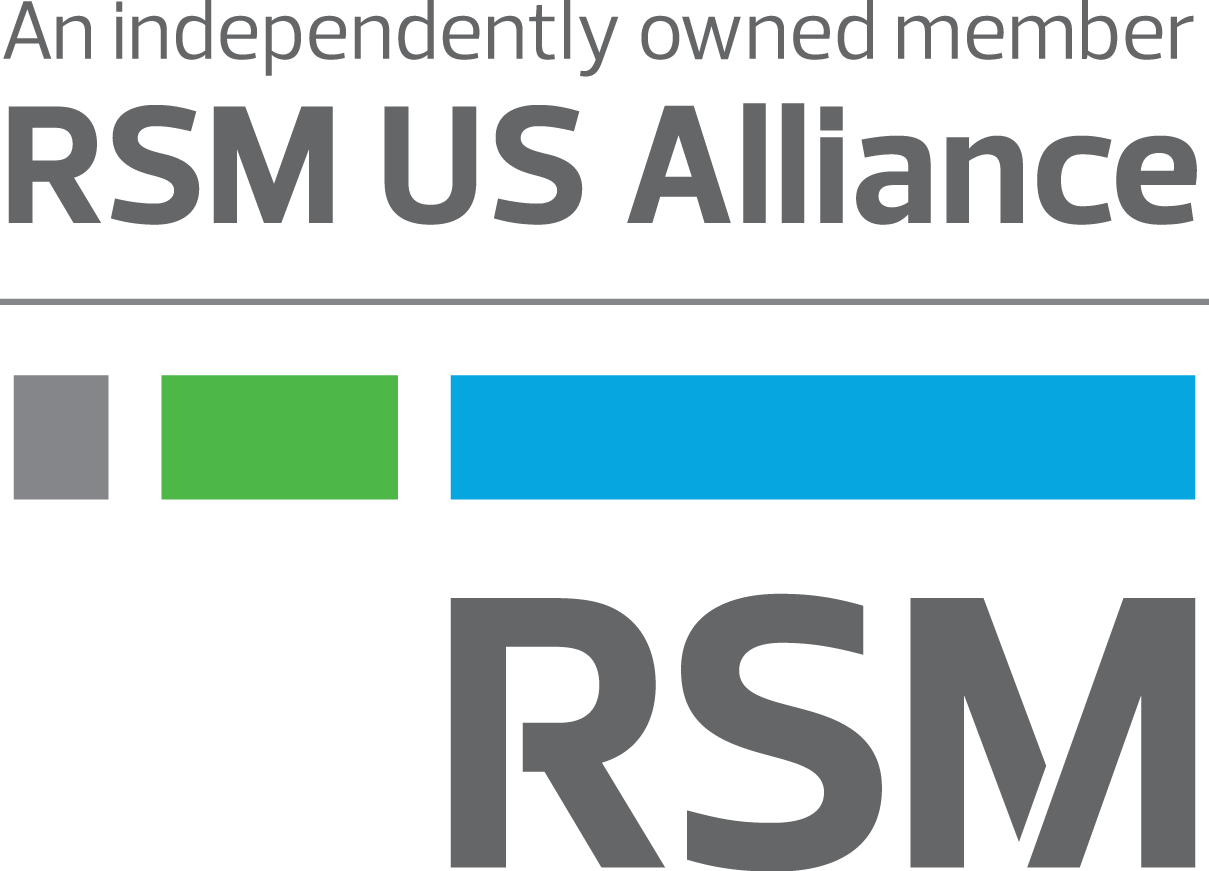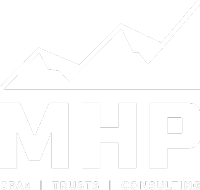Authored by RSM LLP
Factoring in staff turnover, hiring and training, changing payroll tax considerations, the need for reports to analyze and validate data, and the need for two levels of backup to protect continuity, payroll is not only an essential business function, but it is also a demanding, complex and challenging process.
The function should be compliant, secure, accurate, scalable and efficient. In addition, it should include documented processes, quarterly reconciliations and year-end planning, which should begin in Q3.
When red flags crop up, and the need for change to protect payroll—and the employee experience—becomes apparent, you have options. Outsourcing your payroll to certified payroll professionals is one leading option. The considerations listed below may confirm that it’s time to investigate managed payroll options.
Too many manual processes
Outdated payroll software—or worse, traditional pen-and-paper processes—eats up time due to the high amount of manual labor that goes into processing payroll, creating documentation, onboarding employees and more. If you find yourself or your team spread too thin due to handling tasks that you feel your human capital management/payroll system should be managing, that’s a sign something is off. Your technology should be working for you, not the other way around.
Your system isn’t supporting company growth
As your company grows and changes, your payroll system and processes should be able to adapt and evolve. One of the biggest challenges companies can face is trying to force a system or processes that no longer work to continue to get the job done after a period of rapid growth and/or national or international expansion. Additionally, many organizations have been forced to rethink processes and infrastructure because of restructuring and high turnover, which can be especially stressful while struggling to jury-rig old systems and processes that make change even more of a challenge. Ultimately, if your system and processes can no longer handle the size of your organization, it’s time to consider your options.
Rising costs
Increasing costs is a significant factor in payroll decision making as well. Hiring and training payroll employees, educating them on regulation changes and managing employee retention so you don’t have to start over again when they leave can be costly. In addition, IRS fines and penalties for errors, omissions or late payroll tax filings can get expensive and lead to audits, which can be time-consuming and disrupt business operations.
Reputable managed payroll professionals stay current with rules and regulations, tax rate changes and state-specific laws. Because payroll is their sole function and a team of experienced payroll resources surrounds them, they are more likely to be informed and employ best practices, such as detailed checklists and audits, to reduce or eliminate errors altogether.
Concerns over sensitive data
Payroll data is sensitive. An in-house payroll employee sharing information about salary discrepancies can have damaging consequences. In addition, identity theft, embezzlement of funds or tampering with company files for personal gain are risks inherent to sensitive data. Having a reputable third party handling reconciliations for your payroll can decrease the possibility of fraud or theft within your company.
Are you 100% confident that the sensitive personal data your employees have entrusted you with is safe? Is it held in a secure, encrypted system? Not having the right security features to keep data safe from today’s digitized security threats can expose your company and employees to unreasonable risk. A quality payroll provider invests in reliable systems for storing and protecting data.
A blog post from Technavio highlights why outsourcing keeps data more secure: “Keeping data secure has never been more important for any business around the world. Any companies outsourcing their payroll to a dedicated provider would demand all employees’ personal information be held in a secure, encrypted system. Therefore, payroll outsourcing service providers are required to have better insights into data security that impact not only payroll systems, but also systems that service HR, finance, tax, and other key functions.”
Trouble staying on top of changing details
Managing change related to payroll can feel overwhelming. The payroll function typically encompasses maintaining detailed records and reports; keeping track of benefit deductions, garnishments, new hires and terminations; verifying social security numbers; documenting paid time off; preparing W2s; staying up to date with the latest version of payroll software; changing tax tables; filing monthly, quarterly and annual payroll and tax returns; and staying abreast of federal and state regulations. It is easy to understand why payroll staff can experience anxiety around flawlessly maintaining the many details to avoid errors, penalties, audits and other compliance issues. On top of cost and time savings, outsourcing your payroll function to advisors who stay on top of and updated on all the necessary details can bring relief and a greater sense of wellbeing.
Global considerations
As technology enables better intercontinental communication and business transactions, more companies of all sizes are shifting or expanding work overseas and gaining responsibility for compensating employees in multiple countries. Imagine even more regulations and tax laws creating more opportunities to make errors, as well as employees clocking in from multiple countries. They will expect culturally differing compensation, vacation packages and direct deposits to foreign banks. Multicountry payroll outsourcing allows professionals who know how to do the job successfully to keep operations smooth and payroll ticking along reliably for all employees, no matter where they call home.
Even if your company has no international presence today, there is always the possibility that it will change if your company merges with another or acquires a foreign company. Much like trying to combine oil and vinegar, attempting to merge two or more organizations that use different software, schedules and pay policies can feel impossible—especially if you have staff who haven’t previously faced the situation. Outsourcing the task to professionals who have done it many times before can avoid major compliance issues, late payments, irate employees, errors that rack up fines and uncomfortable attention from executives who already have enough on their plates.
The takeaway
As your company grows and internal and external pressures increase, maintaining effective payroll processes will only become more complex. With more oversight and technical experience needed to help ensure the payroll function meets expectations and remains compliant, challenges will continue to arise in attracting and retaining qualified internal resources. With these obstacles in mind, many companies have turned to payroll outsourcing to alleviate pressure and get more value and performance from the function.
Let’s Talk!
Call us at (307) 634-2151 or fill out the form below and we’ll contact you to discuss your specific situation.
This article was written by Lorry Twisdale and originally appeared on 2024-01-26.
2022 RSM US LLP. All rights reserved.
https://rsmus.com/insights/services/business-strategy-operations/7-reasons-to-consider-payroll-outsourcing.html
RSM US Alliance provides its members with access to resources of RSM US LLP. RSM US Alliance member firms are separate and independent businesses and legal entities that are responsible for their own acts and omissions, and each are separate and independent from RSM US LLP. RSM US LLP is the U.S. member firm of RSM International, a global network of independent audit, tax, and consulting firms. Members of RSM US Alliance have access to RSM International resources through RSM US LLP but are not member firms of RSM International. Visit rsmus.com/aboutus for more information regarding RSM US LLP and RSM International. The RSM(tm) brandmark is used under license by RSM US LLP. RSM US Alliance products and services are proprietary to RSM US LLP.

MHP, LLP is a proud member of RSM US Alliance, a premier affiliation of independent accounting and consulting firms in the United States. RSM US Alliance provides our firm with access to resources of RSM US LLP, the leading provider of audit, tax and consulting services focused on the middle market. RSM US LLP is a licensed CPA firm and the U.S. member of RSM International, a global network of independent audit, tax and consulting firms with more than 43,000 people in over 120 countries.
Our membership in RSM US Alliance has elevated our capabilities in the marketplace, helping to differentiate our firm from the competition while allowing us to maintain our independence and entrepreneurial culture. We have access to a valuable peer network of like-sized firms as well as a broad range of tools, expertise, and technical resources.
For more information on how the MHP, LLP can assist you, please contact us.










